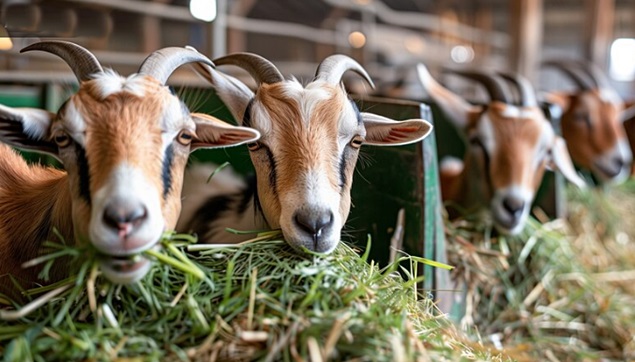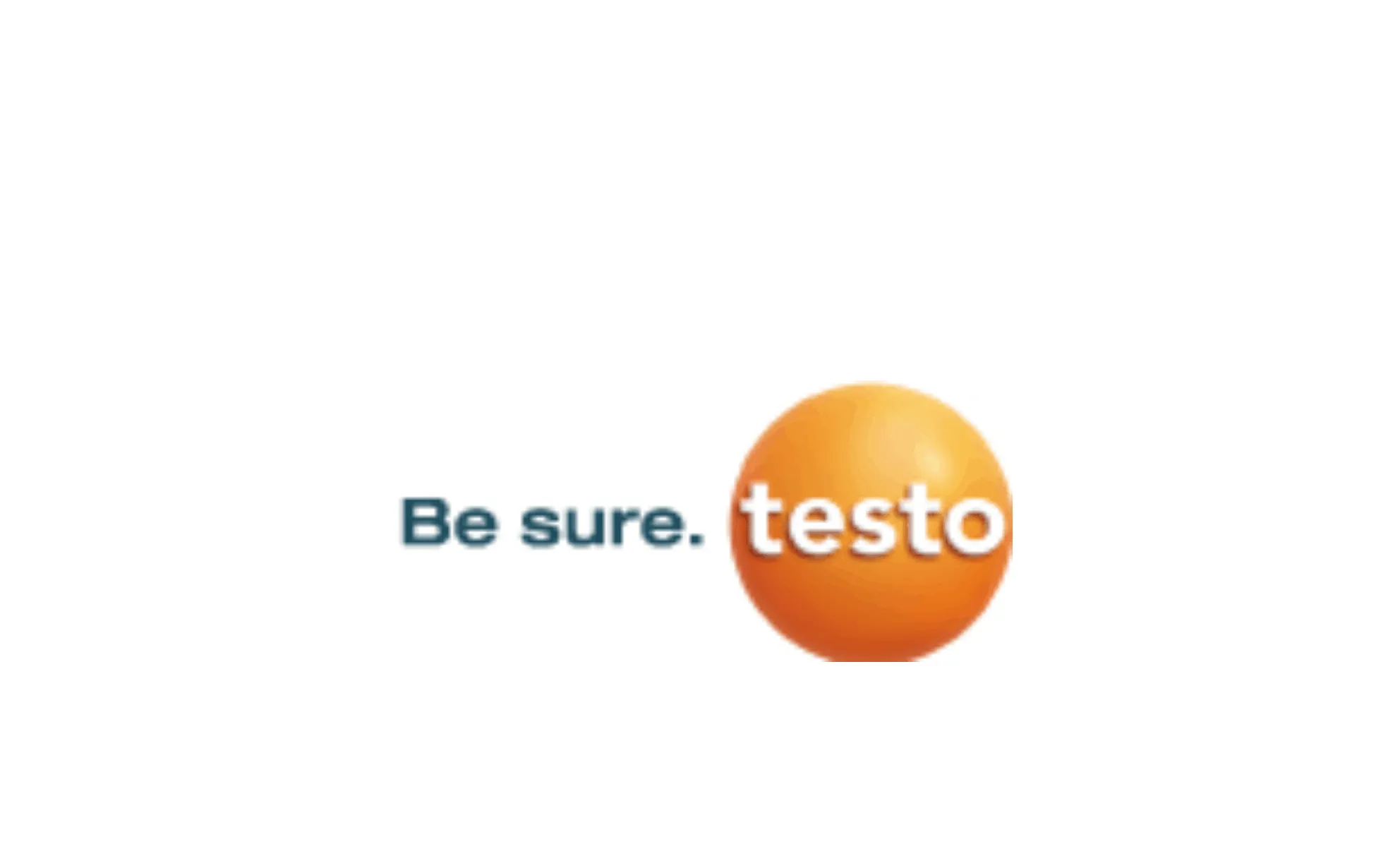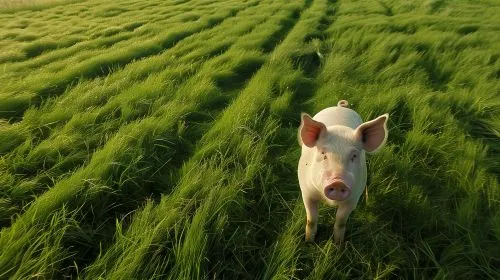1377

"American-Style" Farms Are Expanding in Europe: A Threat to Traditional Agriculture and Animal Welfare?
According to Euractiv, at a critical juncture for the future of European agriculture, several environmental and animal welfare organizations have issued an alarming warning: “American-style” farms—intensive, profit-driven industrial enterprises—are increasingly making inroads into Europe.
Often labeled as “factory farms” or “industrial-scale operations,” these production models risk turning traditional rural practices into mass-production chains dictated by relentless cost-cutting and disregard for animal welfare.
A Clash of Models: Traditional European Farms vs. U.S. Industrial Giants
The debate is fueled by the stark contrast between Europe’s small, pasture-oriented, locally managed farms and the U.S. industrial giants—massive pig and poultry farms where animals are fed concentrated feed and confined to oversized, impersonal spaces.
Stakeholders warn that the same model that led to overproduction, aggressive market consolidation, and environmental degradation in the U.S. is now seeping into the “green valleys” of the European Union.
Pressure from Agribusiness Giants
Through direct lobbying, policy influence, and technocratic recommendations, large agribusinesses have successfully pushed some EU member states to weaken or reinterpret key European regulations concerning:
- Environmental protections,
- Emissions limits,
- Animal welfare standards.
Under this pressure, essential regulations on intensive feed farming, mass-scale production, waste management, and animal welfare oversight have been watered down or applied selectively.
The Risk of Market Domination
Environmental activists argue this shift is concentrating production power in the hands of a few large corporations. Meanwhile, the traditional farmer—who grazes livestock, cultivates diverse crops, and sustains the rural economy—is being squeezed out.
Small farmers can no longer compete with industrial-scale production systems that prioritize maximum efficiency, financial pressure, and economic insulation.
Rising Protests Across Europe
From Dublin to Berlin and Rome, protests are growing. Farmers in tractors, local representatives, and NGOs have gathered in front of government buildings, demanding:
- Support for small-scale family farms,
- Stronger animal welfare regulations,
- Halting the spread of the industrial “American” model.
A Clear Set of Demands
Eco-activists and traditional farmers are now calling for a set of concrete policy changes:
- Prioritize family-run farms,
- Promote pasture-based systems and diversified agriculture,
- Increase subsidy transparency,
- Apply environmental regulations proportionally, based on real impact,
- Restrict the influence of political lobbying in agricultural policy-making.
Europe at a Crossroads
Europe now faces a fundamental choice: Should it embrace U.S.-style agribusiness as the dominant model? Or should it preserve its rural heritage, climate balance, and local way of life?
Activists are not just issuing a warning; they’re sounding a call to action—to defend an agriculture with soul: accountable, sustainable, and rooted in tradition, before the entire landscape becomes "Americanized."





